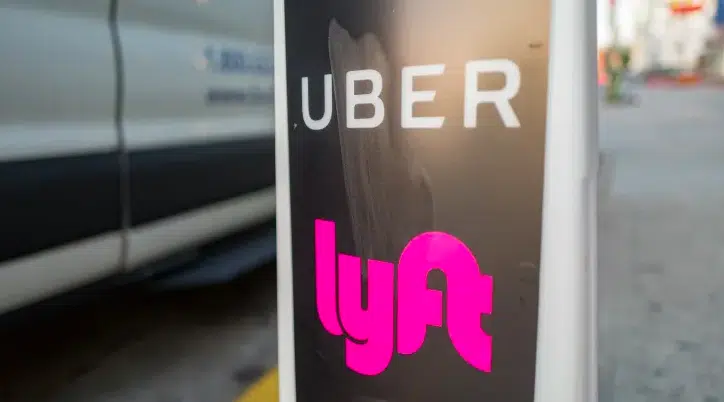The U.S. Department of Labor has issued a final rule requiring certain workers to be treated as employees rather than independent contractors, a move expected to increase labor costs for industries relying on contract labor or freelancers. The rule will affect sectors such as trucking, manufacturing, healthcare, and app-based gig services. It will require workers to be considered employees when “economically dependent” on a company, potentially increasing labor costs by up to 30% compared to independent contractors. The new rule replaces a Trump-era regulation that made it easier to classify workers as independent contractors and is likely to face legal challenges.
The rule, set to take effect on March 11, focuses on preventing worker misclassification, which the Department of Labor argues harms low-income workers who deserve legal protections like a minimum wage and unemployment insurance. Acting U.S. Labor Secretary Julie Su emphasized that the rule is designed to address misclassification in industries such as construction and healthcare. However, it has drawn attention for its potential impact on app-based delivery and ride-hailing services that heavily rely on gig labor.
Companies like Uber and Lyft, which use contract labor extensively, have expressed concerns about the rule but stated they don’t expect it to change the classification of their drivers. Uber’s head of federal affairs, CR Wooters, noted that the new rule “does not materially change the law under which we operate” and highlighted drivers’ overwhelming preference for the independence they currently enjoy. However, business groups, including the U.S. Chamber of Commerce, criticize the rule, arguing that it may deprive workers of flexibility and opportunity, and they are considering legal challenges. The rule’s potential impact on worker classification and labor costs will likely lead to continued debate and legal battles between business groups and labor advocates.

